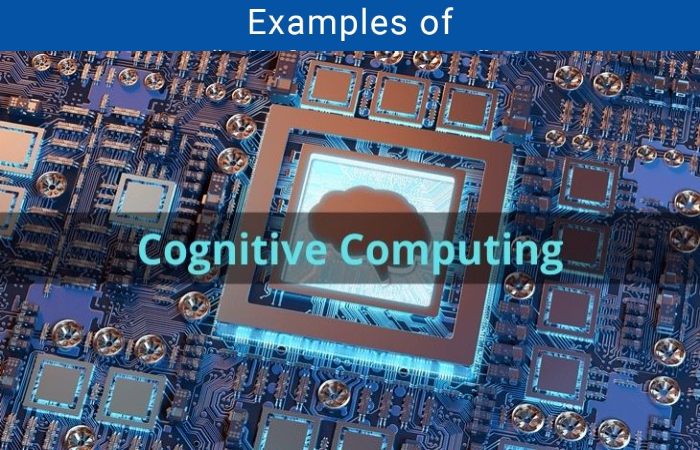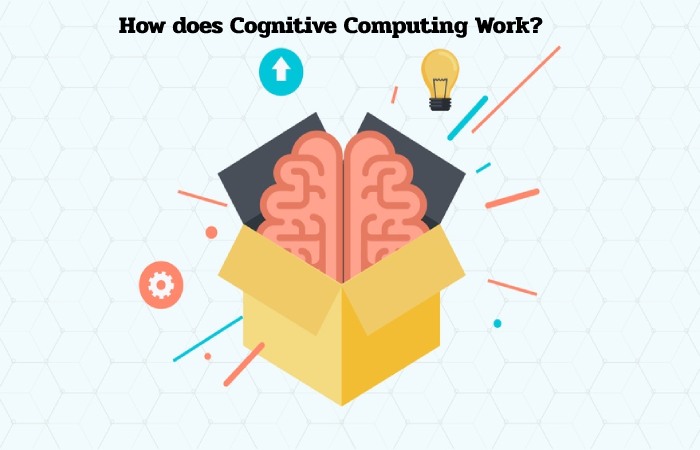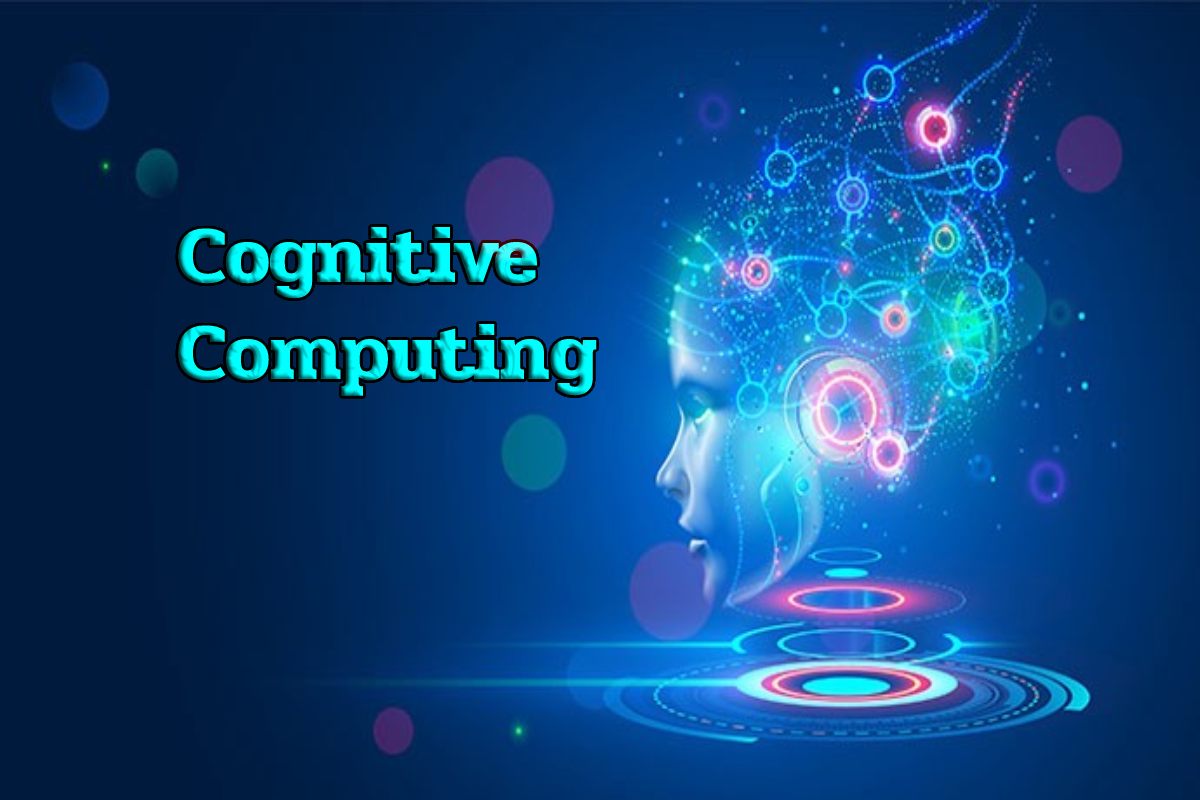What is Cognitive Computing?
Cognitive computing mixes ideas from brain science (how humans think) and computer science to copy the way our minds work on machines. The big goal? Make computers think more like people. It’s like the next big step in tech history—after basic number-crunching calculators and rule-following programs.
It relies on self-teaching systems that dig through data (data mining) to spot connections, like patterns in huge info piles. It also uses natural language processing—teaching computers to “get” human talk, which is easy for us but tough for tech.
What’s the Main Goal?
The point is to give computers human smarts. Sure, machines crunch numbers way faster than us, but they flop at simple stuff like spotting a dog in a photo, reading a map, or chatting normally. Cognitive computing bridges that gap.
Cool Examples in Action
This tech powers lots of AI tools, like virtual reality setups, smart robots, and chat programs.
In medicine, it could scan a patient’s health info, past records, doctor notes, and even fresh research papers to suggest the perfect treatment plan. It’s like a super-smart sidekick for docs.
How Does It Fit into AI?
In AI, cognitive computing cuts down (or ditches) the need for humans to babysit problems. It builds systems that learn solo, acting almost on their own. Mix a computer’s speedy data crunching with human-like thinking, and you solve mega-tough puzzles—like sifting through oceans of info no person could handle. Think better fixes in health care, money matters, law, or school.

Why It’s a Big Opportunity
Cognitive tech isn’t just about spotting dangers—it amps up human brains, letting us tackle jobs quicker and smarter. For instance, it scans big data, small bits, and hidden info to guess behaviors and customize products or services for everyone.
Industries like car-making, airlines, hospitals, stores, money management, and even lawyers are jumping in. According to analysts, the cognitive computing market is set to hit about $64.52 billion in 2025. That’s a huge leap from early investments around $1 billion back in 2014-2015.
Right now, it helps plan strategies and guess outcomes. Human know-how still matters, but together, people and machines are doing wild new things. Experts at places like Deloitte have poured tons into this over the last five years to spot risks early and keep businesses safe without hurting profits. We’re just getting started!
How Does It Actually Work?
These systems use machine learning tricks. They keep learning from new data by hunting for clues and patterns. Over time, they get better at predicting issues and brainstorming fixes.

Where Do We Use It?
The dream is computers solving stuff without us holding their hand. It shows up in AI like expert systems, language tech, brain-like networks, robots, and virtual worlds.
Take healthcare: IBM’s Watson might review a patient’s symptoms, risks, articles, best practices, and tools to pick the top treatment. Docs then tweak it based on the full story for smarter choices.
It’s not about replacing experts—it’s about supercharging them with data too massive for humans. This works anywhere with giant, tricky info piles, like finance, law, or teaching.
It pops up elsewhere too: analyzing shopper habits, robot helpers in stores, travel bots, security checks, or diagnostics. Hilton Hotels even has a robot concierge named Connie that chats about hotel tips, sights, and eats.
(Quick side note: Siri or Google Assistant? Not quite cognitive—they’re scripted for set questions. But soon, your phone or car might give real, unprogrammed answers.)
Conclusion
Cognitive computing is tech that mimics human thinking inside computers. It draws from learning machines, data digs, and language smarts to act like a brain. Computers have beaten us at math for ages, but everyday human tricks—like grokking chit-chat or spotting shapes—still stump them. This field is closing that gap, opening doors to smarter, faster problem-solving everywhere!


